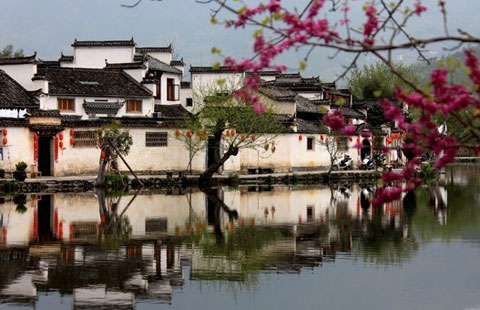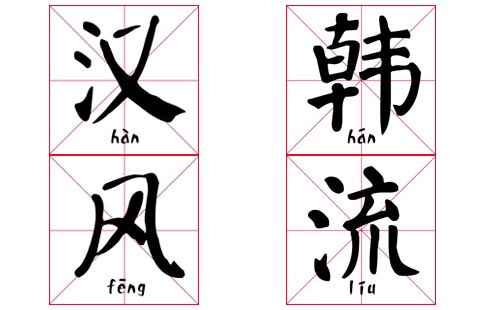Paris gears up for opening of biennale art fair
By Kitty Go in Hong Kong ( China Daily ) Updated: 2014-09-09 07:03:27
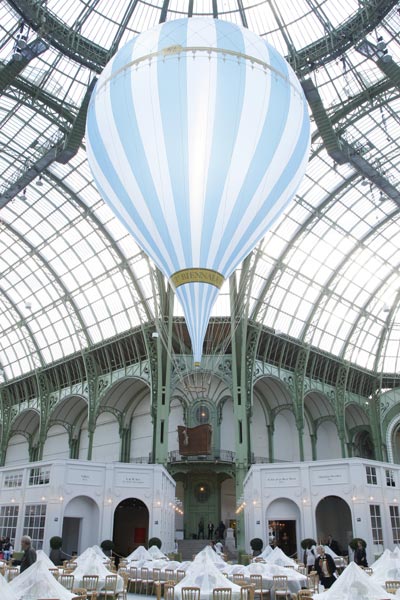 |
|
The Grand Palais is the venue for the Paris Biennale. Photo provided to China Daily |
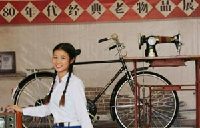 |
| 'Returning to China in 1980s' exhibition |
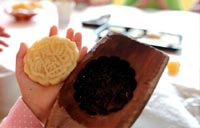 |
| Children make mooncakes to celebrate Mid-Autumn Festival |
The Paris Biennale started informally in 1956 among dealers and decorators. Its aim from the outset was to be a vehicle where the world's best dealers could showcase their best pieces.
It was organized in 1962 in the way we know it today at the Grand Palais, a glass-domed landmark that was built for the Universal Exhibition in 1900. The venue is used for newsworthy events such as Monumenta and the fashion shows of Chanel, Christian Dior and Yves Saint Laurent.
The fair has the reputation for high standards of vetting and rigorous qualifications for exhibitors. This year there will be 80 exhibitors covering 15 categories of art including sculpture, porcelain, antique masterpieces, modern and contemporary art, archaeological and primitive artefacts, high-end jewelry, rare books and manuscripts and even objects related to "science, marine, tobacco and opium". Wallace Chan, the Hong Kong-based artisan, is the only Chinese jeweler to be invited to show, his second.
Each fair has a famous "scenographer", who sets the look and creates the ambiance for the premises. The last biennale had Karl Lagerfeld.
This year, the fair has chosen celebrated interior designer Jacques Grange, who is no stranger to exacting projects having done the Mark Hotel in New York, homes for Yves Saint Laurent and Pierre Berge, Isabelle Adjani and Caroline of Monaco. He has also designed stalls in previous biennales, and mounted exhibitions for the Guggenheim in New York, Yves Saint Laurent in Beijing, Paris and Moscow.
Grange takes inspiration for the monumental space from Andre de Notre's garden at Versailles and plans to create "an imaginary garden leading to exceptional objects" with the help of gardeners from the Chateau de Versailles and Trianon.
The layout will be a "unique promenade" that will feature a graphic play between fountains, grass, trellises, trees and lawns, reflecting a modern interpretation of the sense of order at the gardens of Versailles.
For over 20 days he will be working with about 2,000 people on 14,000 square meters of exhibition space, of which 2,000 square meters will hold plants. There will be an olfactory fountain at the entrance created by celebrated contemporary French perfumer Francis Kurkdijian.
features@chinadaily.com.cn
|
|
|
|
|
|
|
|




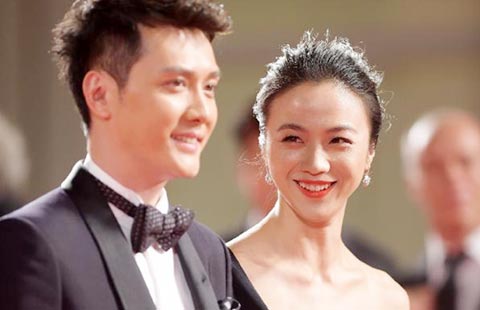

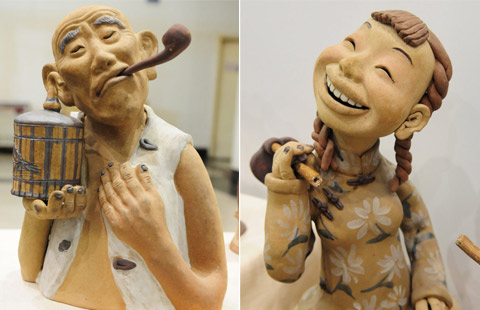
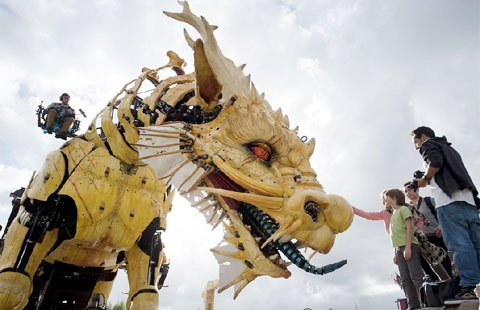
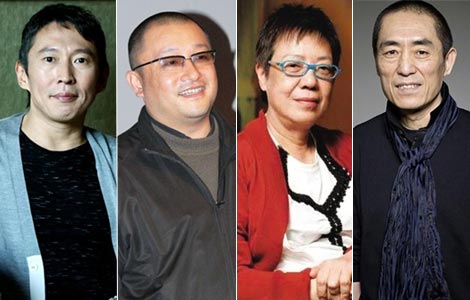




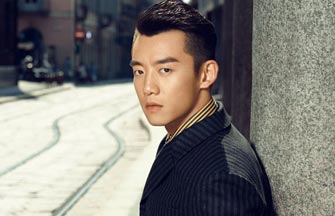

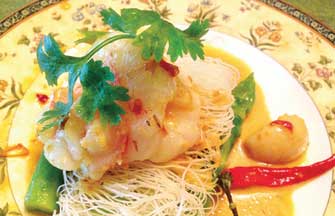





 Raymond Zhou:
Raymond Zhou: Pauline D Loh:
Pauline D Loh: Hot Pot
Hot Pot Eco China
Eco China China Dream
China Dream China Face
China Face




